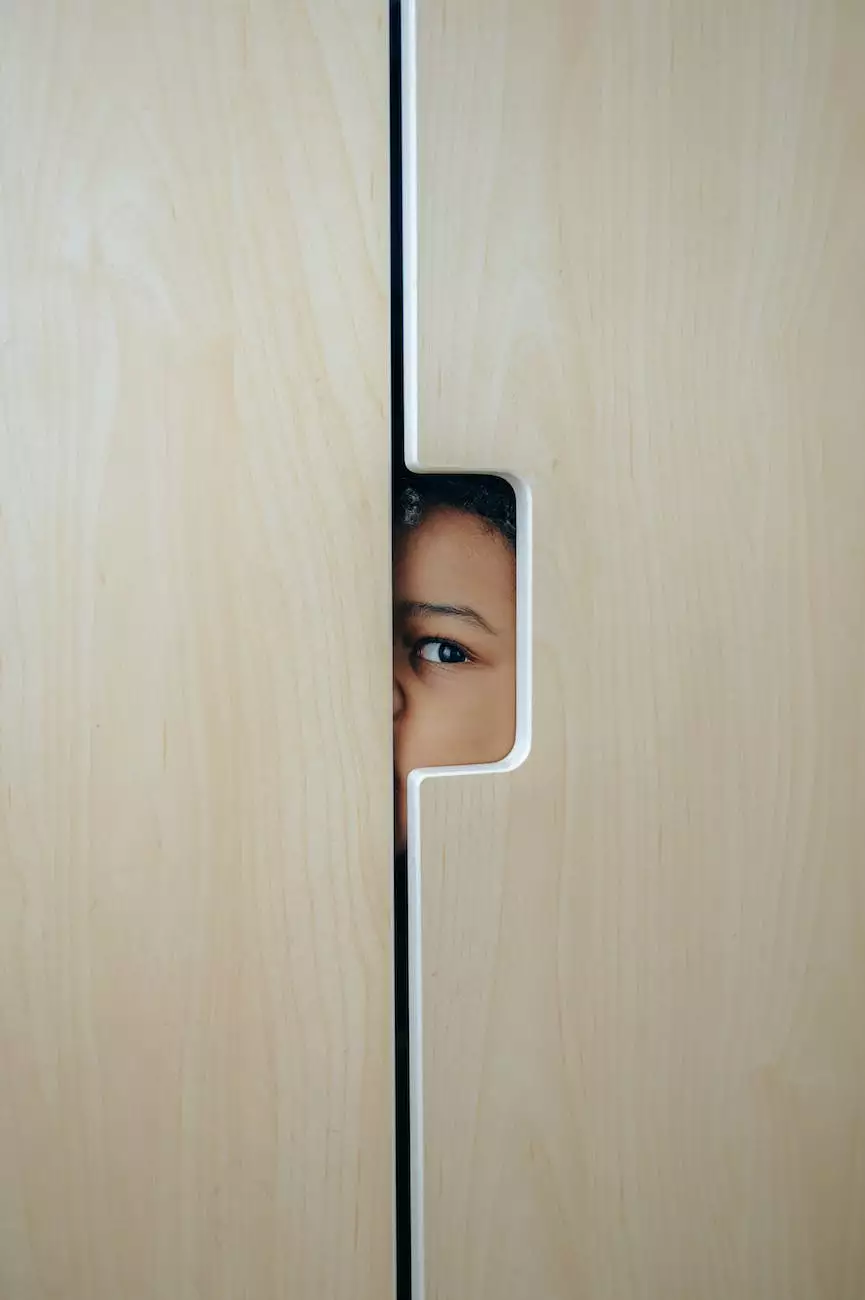6 Questions About Pediatric Anxiety You're Too Afraid to Ask
Health
Introduction
As a parent, it's only natural to have concerns when it comes to your child's mental health. Anxiety is a common issue that affects many children, and understanding how to address it can make a significant difference in their overall well-being. In this comprehensive guide, Kelley Tim PA-C, a trusted expert in child mental health at Kelley Tim PA-C, will address six key questions to help you navigate the world of pediatric anxiety with confidence.
1. What is pediatric anxiety?
Pediatric anxiety refers to excessive worry, fear, and stress experienced by children and adolescents. It can manifest in various forms, such as generalized anxiety disorder, social anxiety disorder, specific phobias, separation anxiety disorder, and more. It's important to recognize the signs and symptoms of pediatric anxiety to provide timely support and intervention.
2. How does pediatric anxiety impact children?
The impact of pediatric anxiety on children can be significant. It can affect their emotional well-being, academic performance, social interactions, and even physical health. Children with anxiety may have difficulty concentrating, experience sleep disturbances, struggle with self-esteem, and avoid certain situations or places that trigger their anxiety. Early recognition and appropriate management are essential to help children lead fulfilling lives.
3. What are the common causes of pediatric anxiety?
While the exact causes of pediatric anxiety can vary, several factors contribute to its development. These factors may include genetics, brain chemistry, environmental factors, family history of anxiety, traumatic experiences, and certain medical conditions. Understanding the underlying causes can assist in tailoring effective interventions and support for children with anxiety.
4. How is pediatric anxiety diagnosed?
Diagnosing pediatric anxiety involves a comprehensive assessment by a qualified healthcare professional, such as Kelley Tim PA-C, who specializes in child mental health. The diagnosis often includes a thorough evaluation of a child's medical history, interviews with the child and their parents, and observation of their behaviors. Identifying the specific anxiety disorder is crucial to provide personalized treatment strategies.
5. What treatment options are available for pediatric anxiety?
Fortunately, several effective treatment options exist to help children manage and overcome anxiety. These may include cognitive-behavioral therapy (CBT), medication, relaxation techniques, lifestyle modifications, and parental support. Collaborating with a knowledgeable healthcare professional like Kelley Tim PA-C can ensure the best course of action for your child's unique needs.
6. How can parents support children with pediatric anxiety?
Supportive parenting plays a vital role in helping children cope with anxiety. Parents can provide a nurturing environment, encourage open communication, educate themselves about anxiety disorders, and actively participate in their child's treatment. Additionally, seeking guidance from professionals like Kelley Tim PA-C can equip parents with valuable strategies and resources.
Conclusion
Understanding pediatric anxiety is essential for parents and caregivers to support children's mental health effectively. By addressing these six important questions with expert advice from Kelley Tim PA-C, you'll gain valuable insights into the world of pediatric anxiety and empowering your child to thrive. Remember, seeking professional help is crucial, and with appropriate guidance, you can make a positive difference in your child's life.




